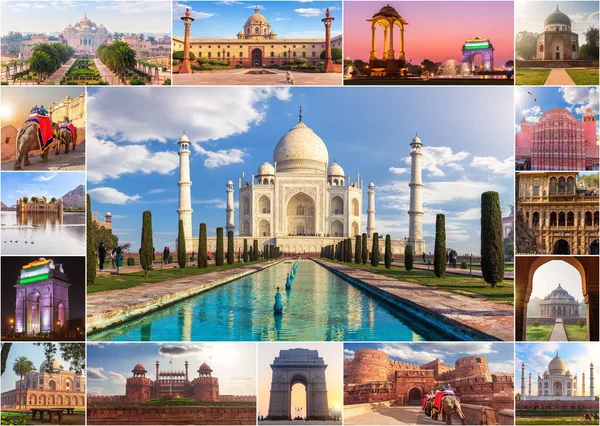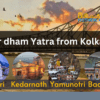Overview
Rajasthan, often referred to as the “Land of Kings,” is a vibrant and culturally rich state in northern India. Known for its majestic forts, palatial residences, and colorful festivals, Rajasthan offers a captivating glimpse into India’s royal past. With its diverse landscapes ranging from arid deserts to lush forests, Rajasthan is a treasure trove of historical monuments, traditional arts, and scenic beauty.
History
"Land of Kings"
Ancient Period:
Early Settlements: Rajasthan has been inhabited since ancient times, with evidence of early civilizations in the region. It was part of the Indus Valley Civilization's influence and saw various ancient cultures.
Vedic Age: During the Vedic period, the region was known for its strategic location and was mentioned in ancient texts.
Medieval Period:
Rajput Kingdoms: By the 6th century, Rajasthan became the domain of the Rajput clans, known for their warrior ethos and chivalric traditions. Prominent Rajput kingdoms included Mewar, Marwar, and Jaipur. The Rajputs established several formidable forts and palaces, many of which remain significant attractions today.
Mughal Influence: From the 16th century, the Mughals under Emperor Akbar extended their influence over Rajasthan. While initially confronting the Rajputs, Akbar eventually formed alliances and marriages, integrating Rajasthan into the Mughal Empire.
Renaissance and Colonial Era:
Renaissance: During the Mughal era, Rajasthan flourished with cultural and artistic achievements. The Rajput rulers maintained their sovereignty and contributed significantly to the region's art and architecture.
British Colonial Period: In the 19th century, Rajasthan came under British influence. The princely states of Rajasthan retained some degree of autonomy while aligning with the British Empire. The British Raj saw the preservation and promotion of Rajasthan’s heritage and culture.
Post-Independence:
Integration into India: After India gained independence in 1947, Rajasthan was formed as a state by merging various princely states and regions. It became a part of the Indian Union, contributing to India’s diversity with its rich cultural and historical heritage.
Modern Era: Today, Rajasthan is known for its vibrant festivals, traditional crafts, and historical monuments. It attracts tourists from around the world, eager to explore its majestic forts, palaces, and the unique desert landscape.
Unique Designation for Rajasthan
Given its rich history, majestic architecture, and vibrant culture, Rajasthan can be evocatively called the "Land of Royals." This title reflects the state’s historical significance as the seat of numerous royal families and its heritage of opulent palaces, grand forts, and royal traditions.
Tours in
Rajasthan
₹0.00
0
(0 Reviews)
₹0.00
0
(0 Reviews)
₹0.00
0
(0 Reviews)
₹0.00
0
(0 Reviews)
₹0.00
0
(0 Reviews)
₹0.00
0
(0 Reviews)
₹0.00
0
(0 Reviews)
₹0.00
0
(0 Reviews)
₹0.00
0
(0 Reviews)




